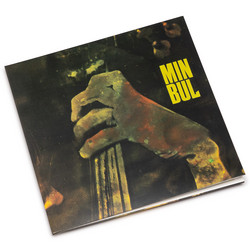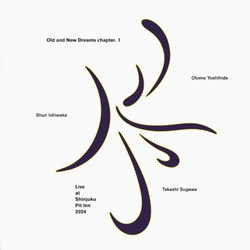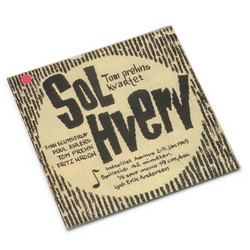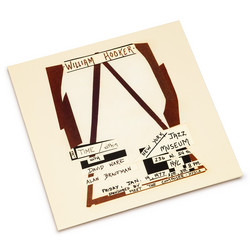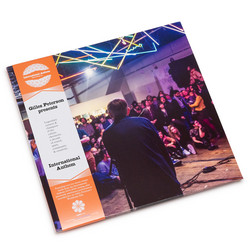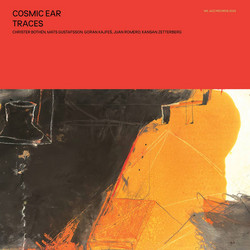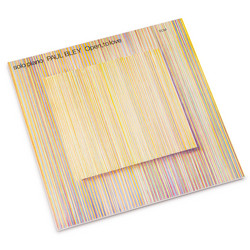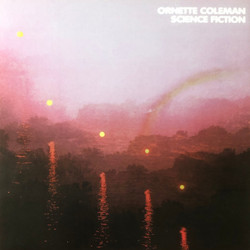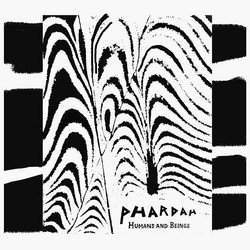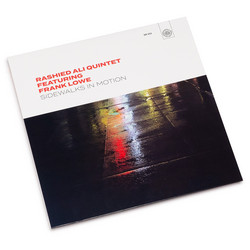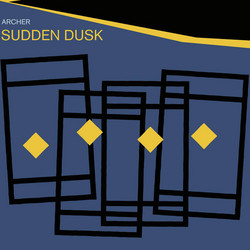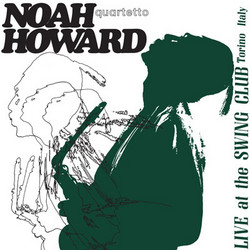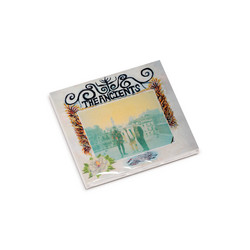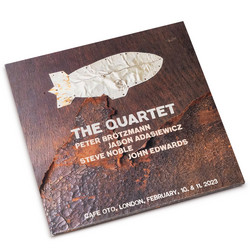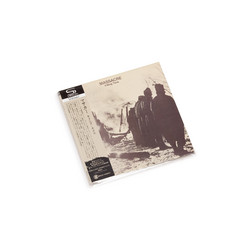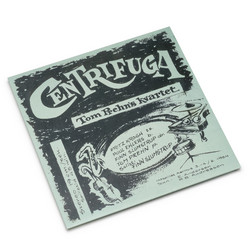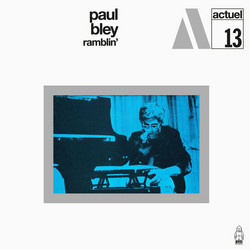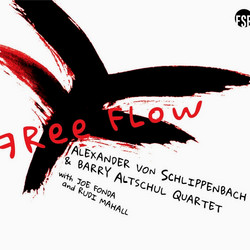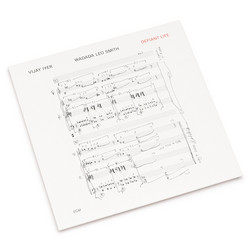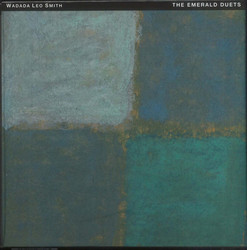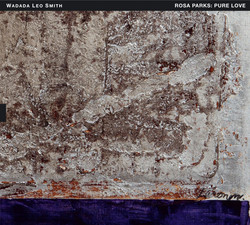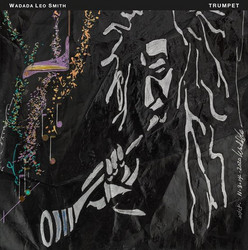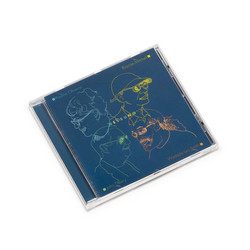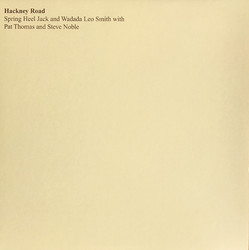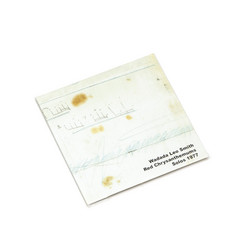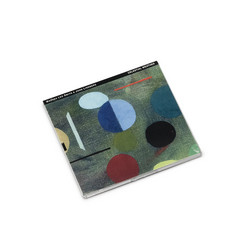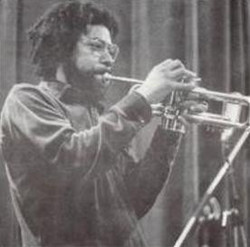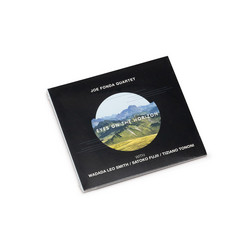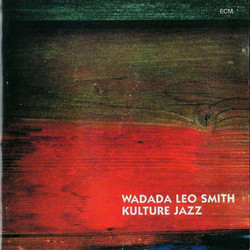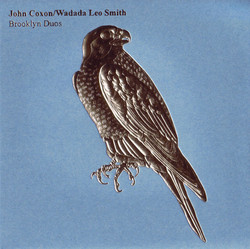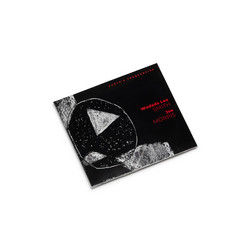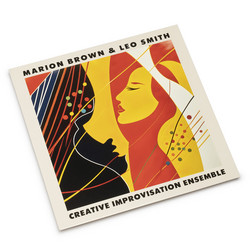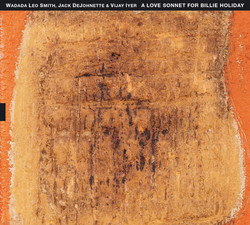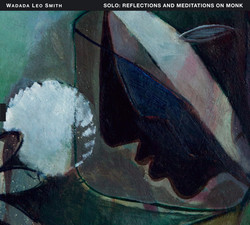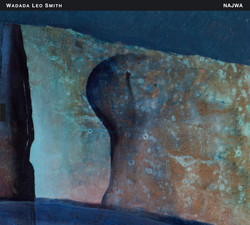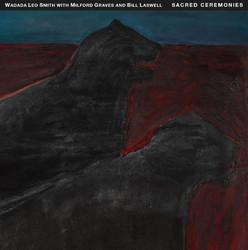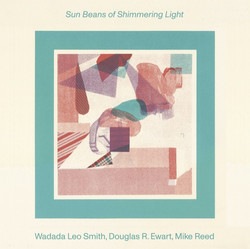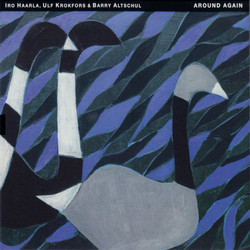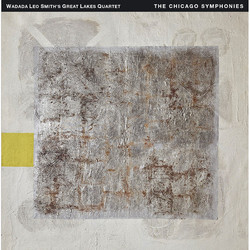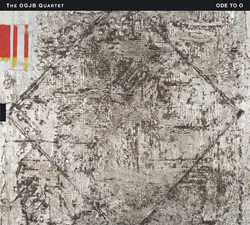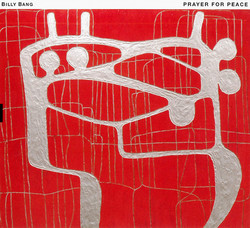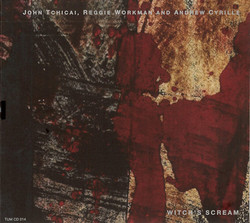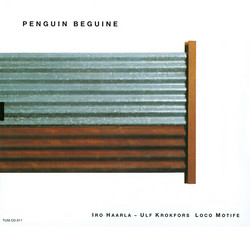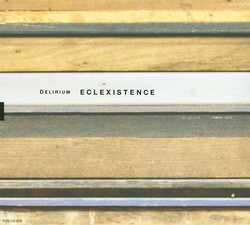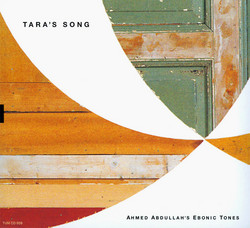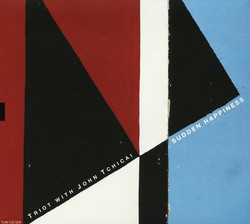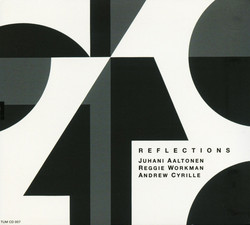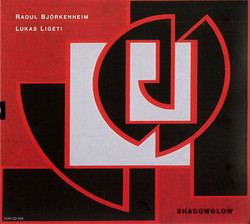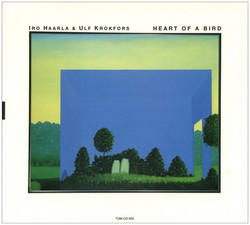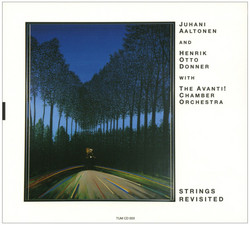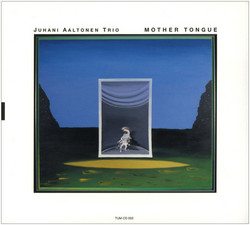Wadada Leo Smith, a trumpet player born in Mississippi in 1941, was an early member of the Chicago-based AACM (Association for the Advancement of Creative Musicians) but has remained somewhat lesser known than such collaborators as Abrams, Mitchell, and Braxton. He reached new audiences in the late 1990s and early 2000s when he joined guitarist Henry Kaiser in the Yo Miles! projects, reinterpreting music from the Miles Davis electric period. Smith’s 21st-century recordings with his Golden Quartet (trumpet, piano, bass, and drums), his Organic group (distinguished by its blend of electric bass and guitars and cello), and his 12-piece Silver Orchestra have demonstrated astonishing musical breadth and earned Smith increasing recognition among critics and aficionados. On the strength of his epic 2012 four-CD Ten Freedom Summers, he was named a finalist for the 2013 Pulitzer Prize for music. In contrast to the symphonic Ten Freedom Summers, The Great Lakes Suites is a small-group affair, in which Smith is joined by his AACM contemporary Henry Threadgill on alto saxophone, flute, and bass flute, John Lindberg on double bass, and Jack DeJohnette on drums. But the quartet achieves its own orchestral sweep as it creates a vast, ever transmogrifying musical expanse out of Smith’s ideas. Smith says his compositions were inspired by “the most powerful, the most life-sustaining, the largest body of fresh water in the world,” the five interconnected Great Lakes—Superior, Huron, Erie, Ontario, and Michigan—plus the smaller, adjacent Lake St. Clair. (With typical cosmic, associational thinking, he also cites saxophonist Oliver Lake as a “Great Lake” inspiration.) Each of the six compositions unfolds as a suite in itself, moving through distinct though sometimes abstract themes, with the individual soloists adding shapes, colors, textures, and melodic lines within each section. “Melodic” is a critical term, for Smith is one of the great lyrical trumpeters (as was Miles) of the past 100 years, and that sensibility informs every passage, whether the pace is furious or languid, the tones declamatory or whispered. Much like Coltrane and Miles did in their classic groups, Smith has triggered a combination of vision and virtuosity in his co-conspirators (DeJohnette’s command and creativity is especially mind-boggling) that makes The Great Lakes Suites a sui generis masterpiece of loosely structured free jazz, and perhaps, indeed, the stuff of legend.
- Derk Richardson, theabsolutesound.com
